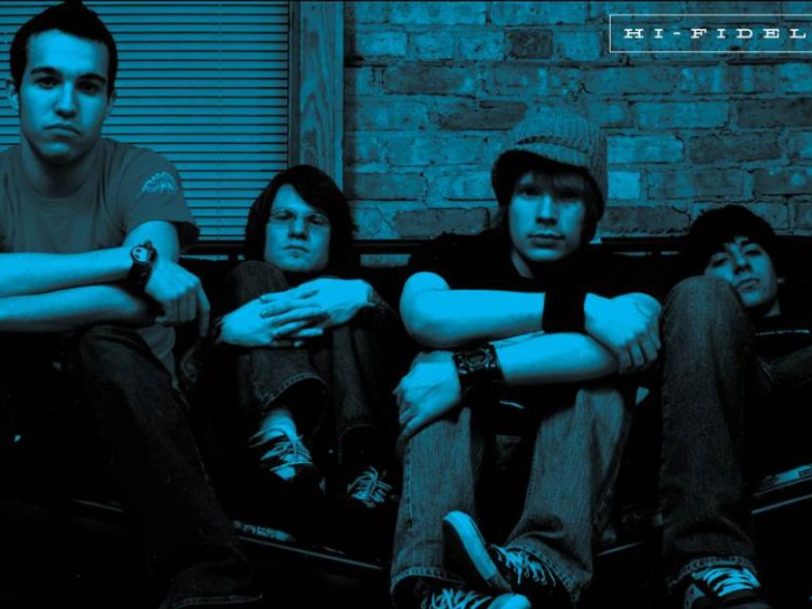Marking a significant milestone in the evolution of pop-punk, Fall Out Boy’s 2003 debut album, Take This To Your Grave, put the group on the map as one of the most exciting alternative rock bands of the early 2000s. Often overlooked in the wake of subsequent Fall Out Boy albums such as 2005’s From Under The Cork Tree and 2007’s Infinity On High, Take This To Your Grave is best seen today as a cult classic that pioneered a mix of hardcore-punk energy with a pop-leaning sensibility.
Listen to ‘Take This To Your Grave’ here.
Paving the way for the future of rock music and setting the scene for a new wave of emo bands such as My Chemical Romance and Paramore, Take This To Your Grave would go on to have a lasting impact. Here is the story of how Fall Out Boy’s debut album kick-started the group’s own ascendancy into the mainstream and helped emo-punk become a globe-conquering cultural phenomenon.
The backstory: “Patrick would try to adapt hardcore breakdowns into a pop sensibility”
Friends Pete Wentz and Joe Trohman formed Fall Out Boy in 2001, in the Chicago suburb of Wilmette, Illinois. Despite only being in his early 20s at the time, Wentz was already a seasoned veteran who’d played with various local metalcore bands throughout the late 90s, but he had grown unhappy with the changing mores of the hardcore punk scene, which he felt had moved away from political activism towards mindless moshing. After creating Fall Out Boy as a fun and escapist pop-punk side project with Trohman, the pair enlisted 17-year-old Xgrinding processX drummer Patrick Stump as their lead vocalist, and the trio began to write songs together.
After Fall Out Boy headed to Wisconsin to record some demos with 7 Angels 7 Plagues drummer Jared Logan, Uprising Records owner Sean Muttaqi offered to release some of their songs as a split EP with fellow Chicagoans Project Rocket. Also impressed with Stump and Wentz’s burgeoning talents, Project Rocket’s drummer Andy Hurley would soon defect to Fall Out Boy, completing the group’s core line-up. “Patrick would try to adapt hardcore breakdowns or hardcore rhythmic sensibilities into a pop sensibility, to see where you could take that, which I think was really interesting,” Hurley explained to Alternative Press magazine.
With Hurley on drums, the group attempted to record a collection of songs in two days, releasing the results as the mini-album Fall Out Boy’s Evening Out With Your Girlfriend. With these early recordings already showcasing their potential, the band attracted the attention of record label Fueled By Ramen, who signed them to a unique “incubator deal” that would finance the recording and release of their debut album and help the group build their fanbase before moving over to Island Records. With a budget of $40,000 to play with, Fall Out Boy were ready to get to work.




